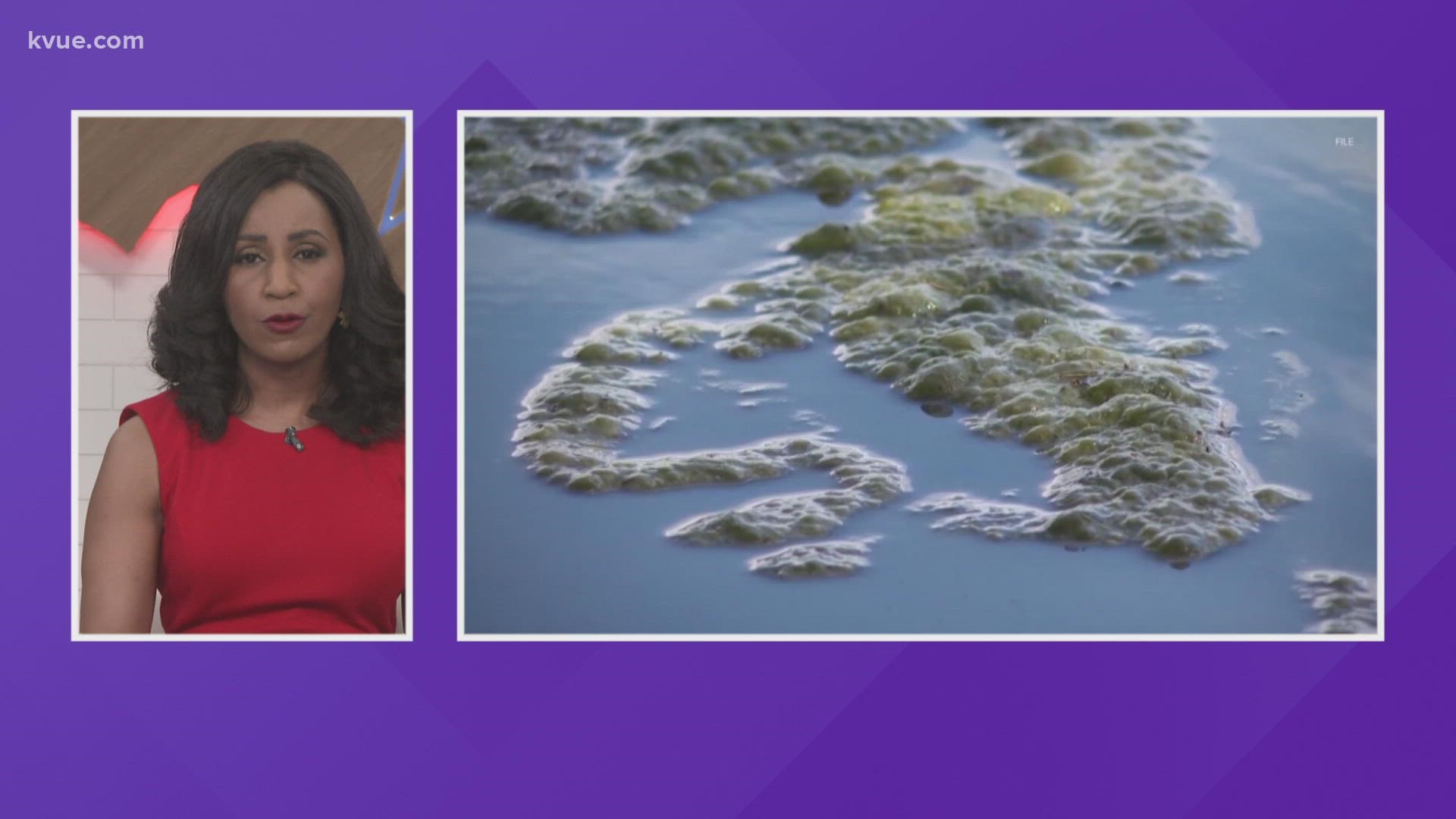AUSTIN, Texas — The City of Austin is investigating “potential harmful algae” at Bull Creek. It said it was notified Thursday, Aug. 5, that someone developed symptoms associated with algae exposure after playing in the creek on Aug. 1.
The creek did not show any obvious signs of harmful algae, according to the City’s press release. However, the City said it could not immediately confirm its presence and whether or not it caused the illness.
On Aug. 13, officials said that lab tests from samples taken from the creek on Aug. 6 indicated that no toxins were present in either algae or water. On that day, officials said the water "appeared normal with wispy green algae typical of Hill Country streams."
Although the samples tested negative, officials said the flow of water in Bull Creek spiked twice between the exposure and the samplings, which could have been enough to change the algae in the creek.
"Out of an abundance of caution, the City revisited the creek this morning and took additional samples," officials said on Aug. 13. "There has not been any change in the appearance of the algae over the past week."
Lab results from samples taken on Aug. 13 should be available toward the end of next week.
Symptoms of exposure to harmful algae include a rash, fever, headache and gastrointestinal and respiratory signs or symptoms. In dogs, symptoms can include excessive drooling, vomiting and diarrhea.
The City said it is best for people and pets to avoid warm, stagnant and foul-smelling water. It encourages people to not go swimming in natural bodies of water after it rains for a few days since “bacteria levels tend to be higher.”
Exposure to algae toxins in Austin could only happen after touching or swallowing visible algae. At least five dogs have died after swimming in Lady Bird Lake, where blue-green algae toxins were first detected in 2019.
The City of Austin is also monitoring harmful algae levels at Lady Bird Lake and Lake Austin every other week.
For more information on Austin algae, click here.
PEOPLE ARE ALSO READING:

